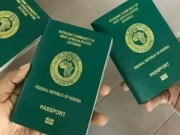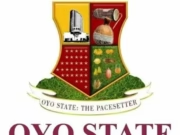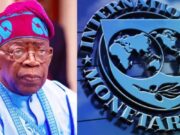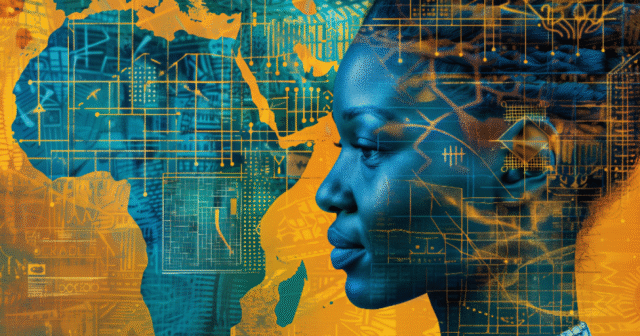As the world’s attention turns toward Africa’s digital transformation, Nigeria is stepping into the spotlight—poised to become Africa’s AI powerhouse in 2025. Through bold strategy, deep partnerships, and a blossoming home-grown tech ecosystem, Nigeria is staking a claim in the continent’s evolving artificial intelligence story.
Table of Contents
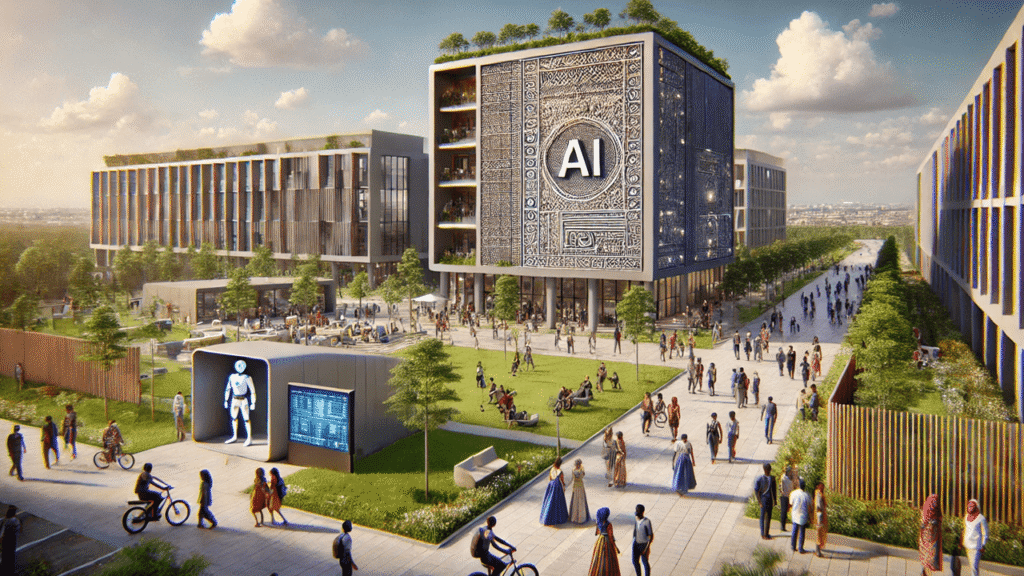
Strategic Vision: A National AI Blueprint
In April 2025, Nigeria unveiled its National Artificial Intelligence Strategy, laying out a roadmap of 12 strategic goals and 34 initiatives across economic, social, and technological domains. Under the direction of the Ministry of Communications, Innovation and Digital Economy, the strategy aims to position AI at the centre of Nigeria’s economic diversification, with clear ambitions for leadership on the continent.
Complementing this, the government launched the Nigeria AI Collective in May, bringing together over 70 AI professionals from startups, academia, the private sector and civil society. This cross‑sector coalition aims to accelerate ethical innovation across industries like agriculture, healthcare, fintech, and telecoms. Its work is supported by partners such as Data Science Nigeria, which plays a key role in R&D, policy engagement and knowledge-sharing.
The Nigeria AI Scaling Hub: Impact at Scale
Perhaps the most tangible expression of Nigeria’s AI ambitions is the newly launched Nigeria AI Scaling Hub, backed by the Bill & Melinda Gates Foundation with a US$7.5 million commitment over three years. The hub serves as a national incubator, coordinating between government agencies, innovators, NGOs and funders to scale mature AI solutions in health, agriculture and education. It provides mentorship, technical support and funding to elevate high‑impact, locally‑attuned systems from pilot to national deployment.
Private Sector & Tech Partner Alliances
Big Tech Collaboration
- Google and NITDA continue to deepen their collaboration, strengthening Nigeria’s position in West Africa. Their latest initiatives include AI-powered learning tools and cybersecurity investments.
- Meta has launched a national AI Accelerator Programme in partnership with NITDA/NCAIR. The initiative supports startups building solutions tailored to Nigeria’s socioeconomic challenges, with a focus on generative AI, machine learning, and data-driven platforms.
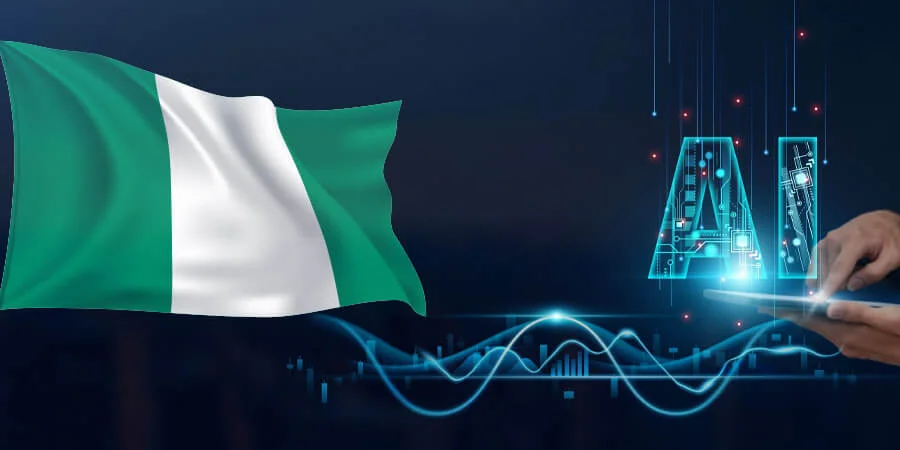
Local AI Entrepreneurship
Nigeria now boasts an ecosystem rich with AI-driven startups: from agritech and healthtech to fintech and education. Between 2022 and early 2024, AI-focused startups soared from roughly 35 to over 80, largely concentrated in Lagos, Abuja and Port Harcourt. These ventures have secured in excess of US $120 million in funding. In June 2025, six Nigerian firms were selected for the Google for Startups AI accelerator cohort, alongside two Ghanaian startups, underscoring global recognition of local talent.
Language‑Tech and Inclusion
- CDIAL AI, headquartered in Lagos and Los Angeles, is pioneering multilingual AI platforms. Its Indigenius offerings power communication in more than 180 African languages, including a smart keyboard and dictionary bridging modern and indigenous vocabularies.
- Edtech startup Bildup AI is injecting NGN 500 million into its “AI in Every Classroom” initiative, aiming to deploy personalised AI learning tools in underserved schools across the country.
Skills Pipeline & Talent
Building AI capacity is a national priority. Over 200,000 Nigerians have received AI and emerging tech training to date, reflecting the government’s mission to build a skilled workforce ready to lead Nigeria’s digital future. Additionally, Tenece Professional Services recently delivered AI workshops in Lagos secondary schools, inspiring early exposure to machine learning and coding.
In collaboration with academia and training institutions, the government also supports AI scholarship schemes and robotics institutes, helping bridge the expertise gap documented by PwC and others.
Governance, Regulation & Ethical AI
With innovation comes responsibility. Nigeria is advancing toward publishing its first AI guidelines, expected imminently from Lagos authorities, to govern deployment standards, data privacy, bias mitigation, and transparency. Stakeholders have cautioned that unchecked rapid adoption could expose vulnerabilities, so robust governance and cybersecurity frameworks are essential to sustainable growth.
Real‑World Transformation: AI in Action
Healthcare
AI-powered diagnostic bots and chat services are becoming common tools in Nigerian health delivery. Smartphones in rural areas are enabling mothers to consult healthcare assistants instantly, increasing access to immunisation advice and health education where clinics are sparse.
Agriculture
In the agro-sector, data-driven monitoring systems and predictive analytics are helping optimise yield, though critics note the need for complementary investments in land restoration, finance access and rural broadband to fully unlock AI’s potential.
Governance & Fintech
The government is piloting AI and blockchain solutions across ministries and agencies to streamline public services and bolster transparency. Meanwhile, fintech firms are integrating AI into fraud detection, customer service and financial inclusion tools—an evolution built on Nigeria’s prior mobile‑money success, with potential to capture up to US $58 billion of productivity gains by 2030 in Sub‑Saharan Africa.
Economic Growth & Broader Impact
- Market growth: Nigeria’s AI market is projected to reach around US $434 million by 2026, growing at over 27 percent annually through 2030; overall African AI market is expected to hit nearly US $4.9 billion by 2025.
- Macroeconomic opportunity: Estimates suggest AI could deliver up to US $136 billion in productivity gains across Sub‑Saharan Africa by the end of the decade—and Nigeria is poised to claim the largest share.
Challenges: Talent Gaps & Gender Answers
Despite the optimism, Nigeria still grapples with a shortage of AI professionals. Firms report difficulties finding data engineers, machine learning experts and algorithm engineers locally—a gap widened by brain drain. And a recent AP study warns that women in Africa’s outsourcing sector are more vulnerable to automation and displacement, calling for targeted upskilling to avoid worsening gender disparities apnews.com.
What Lies Ahead: Nigeria as AI Reference Point
By mid‑year 2025, Nigeria is no longer just one of many African countries exploring AI—it is fast becoming the continent’s case study for national AI readiness. From strategy and public‑private structures to civil society dialogue and big‑tech partnerships, the country is weaving together an ecosystem that supports innovation and inclusion.
As initiatives such as Wini University—the continent’s first AI‑focused higher education institution in Lagos—come online, Nigeria is conquering the twin challenges of scale and specificity: scale in knowledge diffusion, specificity in local language platforms and culturally aligned innovation.
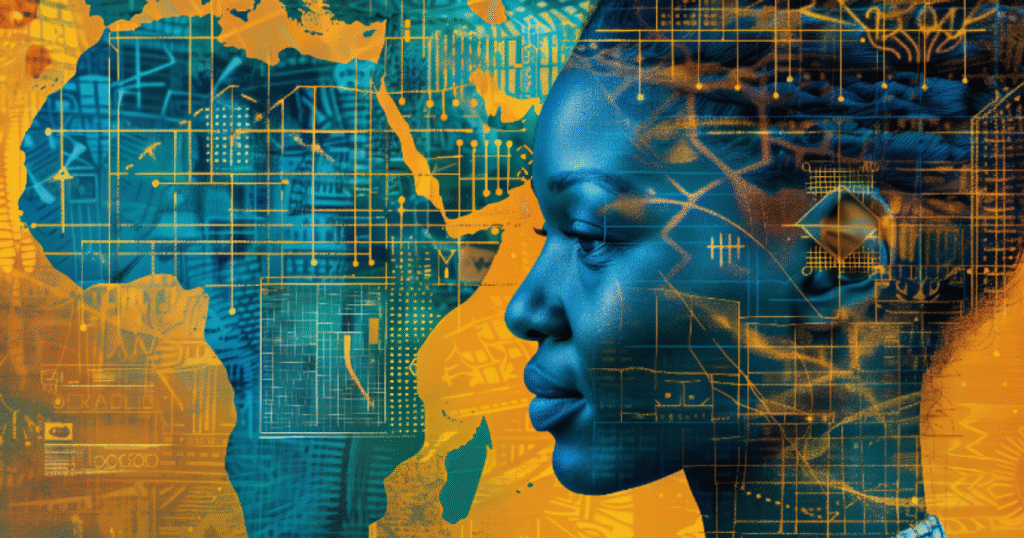
Conclusion
Nigeria’s bold strategy, invested tech partnerships, startup momentum and institutional frameworks all point to its emergence as Africa’s AI powerhouse in 2025. The nation has learned from lessons in fintech, mobile money and digital inclusion—and is purposefully applying them as it steps into AI leadership.
Key risks remain, from governance and infrastructure gaps to inequality in tech access—but Nigeria is staking a claim not only as a regional leader but as a template for responsible, inclusive innovation. Its success in the coming years could redefine what it means for an African nation to lead in the global AI economy.
Join Our Social Media Channels:
WhatsApp: NaijaEyes
Facebook: NaijaEyes
Twitter: NaijaEyes
Instagram: NaijaEyes
TikTok: NaijaEyes



